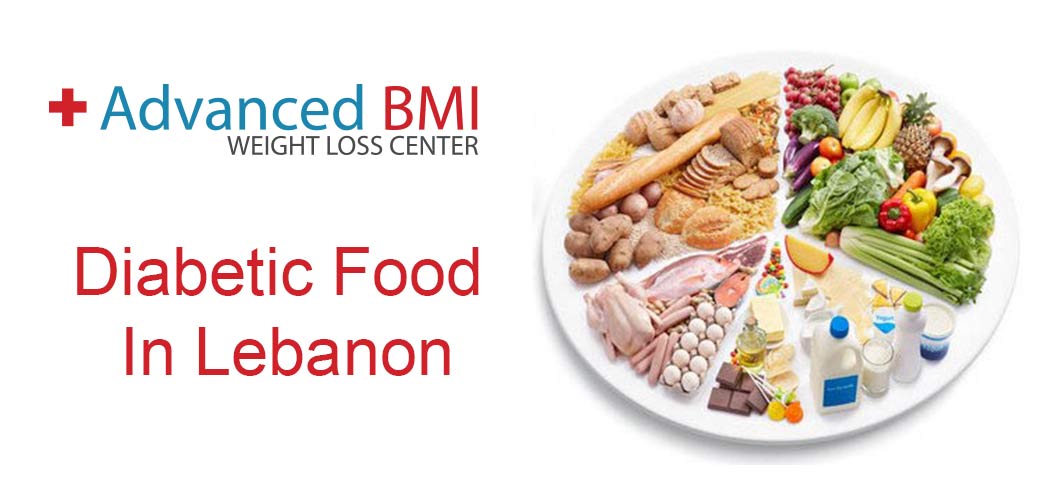Introduction: Diabetes is a serious medical condition in which an insufficiency in insulin production and/or a lack of response of the body’s cells to insulin causes sugar levels in the blood to rise. Diabetes in Lebanon is becoming an increasingly serious problem as Lebanese people eat more unhealthily and exercise less. Diabetes can be treated and controlled with medication, but the most fruitful way to manage the disease is through healthy eating and proper exercise.
Diabetic Food in Lebanon – Best Foods For Diabetes
The following list can be used as a guideline to which foods are the best for someone with diabetes. These contain all the required nutrients and have a low glycemic index.
Beans
Beans are an excellent source of several indispensable nutrients; for example, half a cup of beans provides you with one third of your daily fiber requirements. They are also a superb source of protein and a good replacement for meat which contains more saturated fat.
Leafy Vegetables
Green and leafy vegetables are grown locally in Lebanon, so they are very affordable. These are a great source of fiber, along with several vitamins and minerals that protect us from numerous diseases. They are also low in calories and carbs, so you can have as much as you like!
Whole Grains
Whole grain bread, oatmeal, and other whole grain products are an excellent source of potassium and fiber and offer more nutrients than other grains. These nutrients include omega 3, folate, magnesium, and chromium.
Dairy Products
Dairy products are a great source of calcium and vitamin D. Having fat-free milk and fat-free yogurt helps you keep your bone and teeth strong.
Nuts
Nuts, such as walnuts and hazelnuts hold healthy fats and can assist you in managing and controlling your hunger. Read more about the health benefits of nuts here.
Proteins
If you have diabetes, your best protein sources:
Plants: plants that provide protein are quite abundant and affordable in Lebanon: such as beans, hummus, falafel, lentils, peas, and nuts.
Fish: include at least twice per week protein from fish such as salmon, sardine, and shrimp. Make sure they are not fried.
Poultry: examples include turkey and chicken without the skin.
Cheese and eggs: make sure to choose low-fat cheese and egg whites.
Note: when it comes to meat, make sure you choose lean cuts of beef and lamb.
For more tips on the importance of proteins and how to choose the best ones, read this article.









